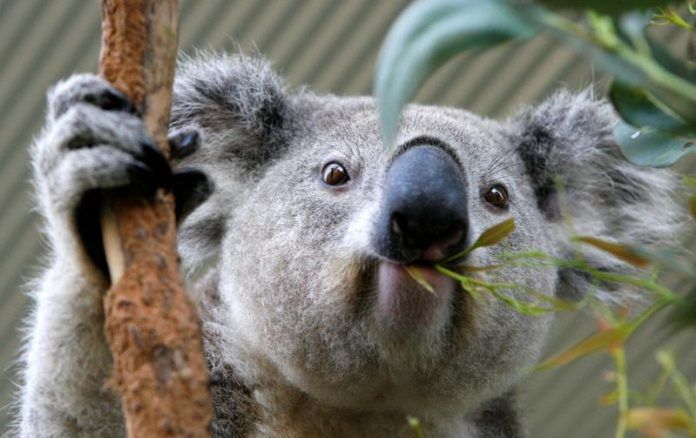SYDNEY (Reuters) -A vaccine to protect Australia’s koalas against chlamydia has been approved for the first time, a move that scientists believe could stop the spread of the deadly disease that has ravaged populations of the beloved endangered marsupial.
The single-dose vaccine is now ready to be used nationally at wildlife hospitals, clinics and in the field.
Chlamydia, a sexually transmitted infection also found in humans, accounts for up to half of all koala deaths in the wild. It can also cause infertility and blindness.
“Some individual colonies are edging closer to local extinction every day,” Peter Timms, professor of microbiology at the University of the Sunshine Coast, said in a statement on Wednesday.
He noted that in some populations in the southeast of the state of Queensland and in the state of New South Wales, infection rates are often around 50% and sometimes as high as 70%.
The vaccine, which Timms’ team developed after more than a decade of research, could reduce the likelihood of koalas developing symptoms of chlamydia during breeding age and cut mortality among wild koalas by at least 65%.
“It offers three levels of protection – reducing infection, preventing progression to clinical disease and, in some cases, reversing existing symptoms,” he said.
The Australian government has committed A$76 million ($50 million) to saving koalas.
They were listed as endangered in 2022 in Queensland, New South Wales and the Australian Capital Territory. Australia’s national koala monitoring program estimates that between 95,000 and 238,000 koalas are left in those areas.
Another 129,000 to 286,000 koalas are estimated to live in the states of Victoria and South Australia.
Koala numbers have halved in the past two decades due to infectious disease, habitat loss, climate change and bushfires, according to the World Wide Fund for Nature.
($1 = 1.5152 Australian dollars)
(Reporting by Christine Chen in Sydney; Editing by Edwina Gibbs)
Disclaimer: This report is auto generated from the Reuters news service. ThePrint holds no responsibility for its content.




